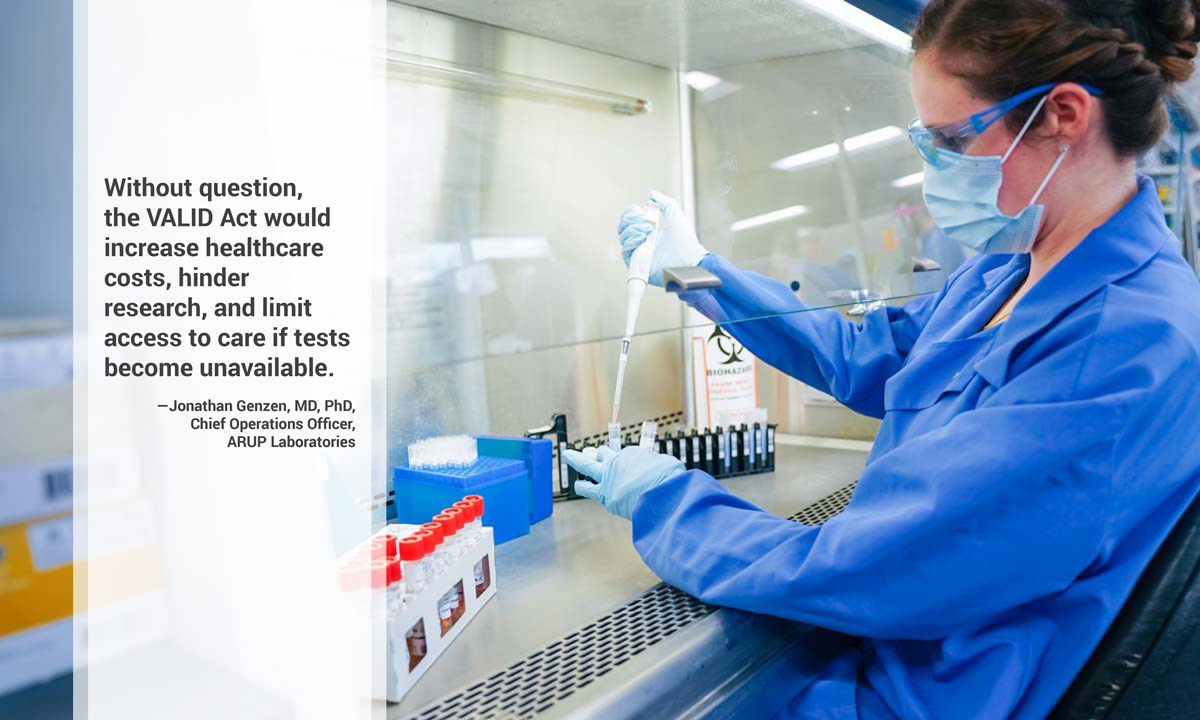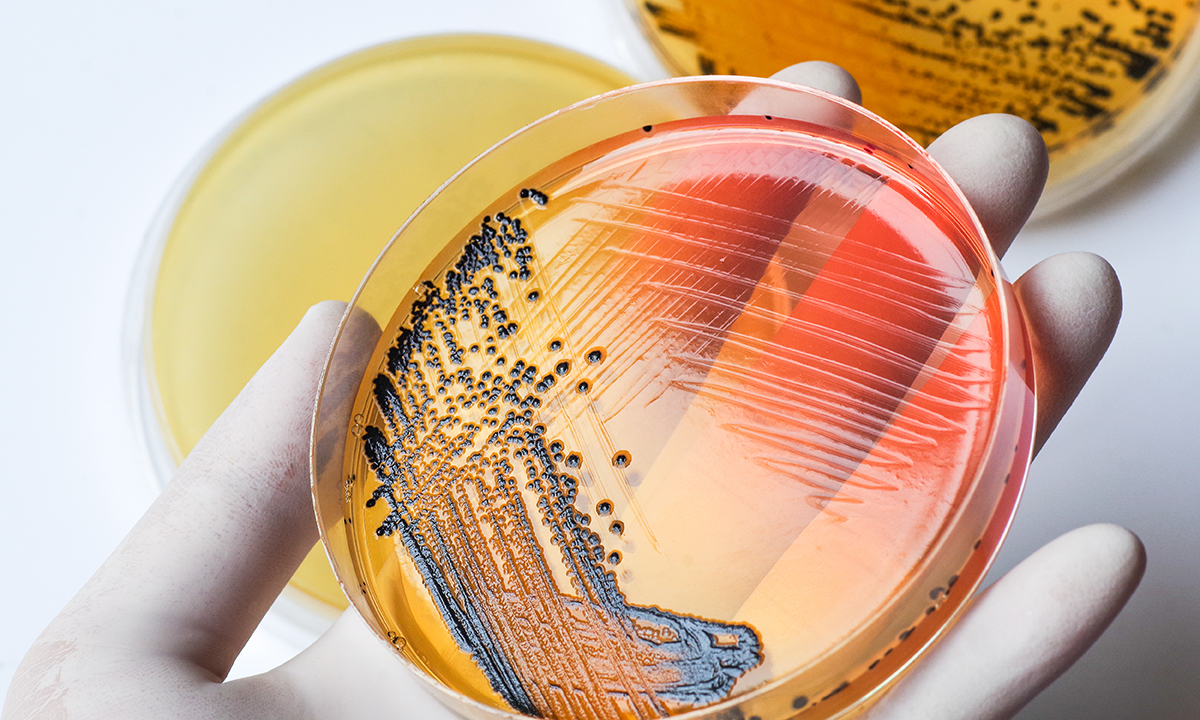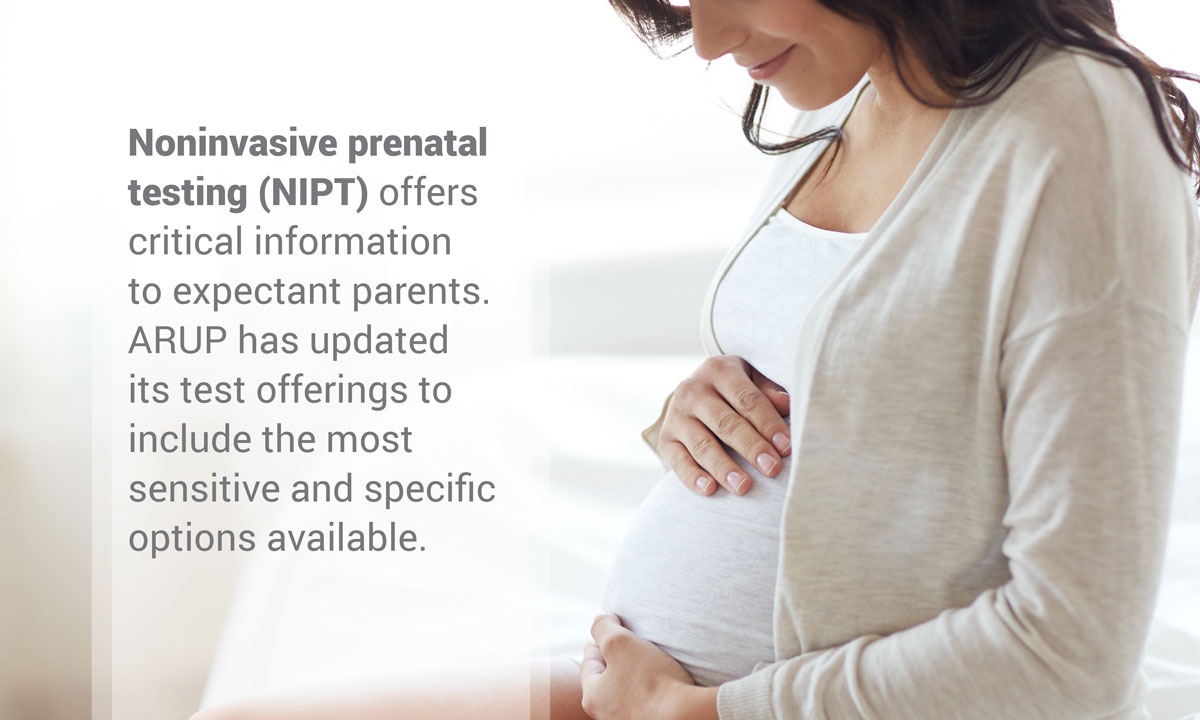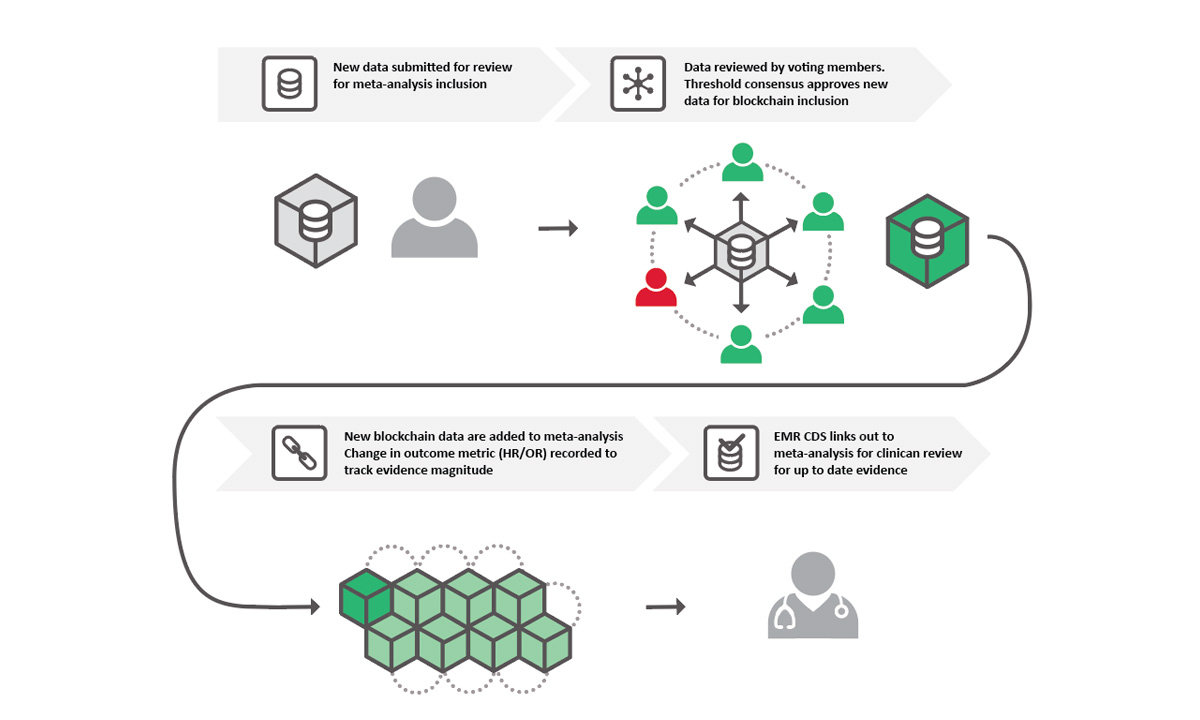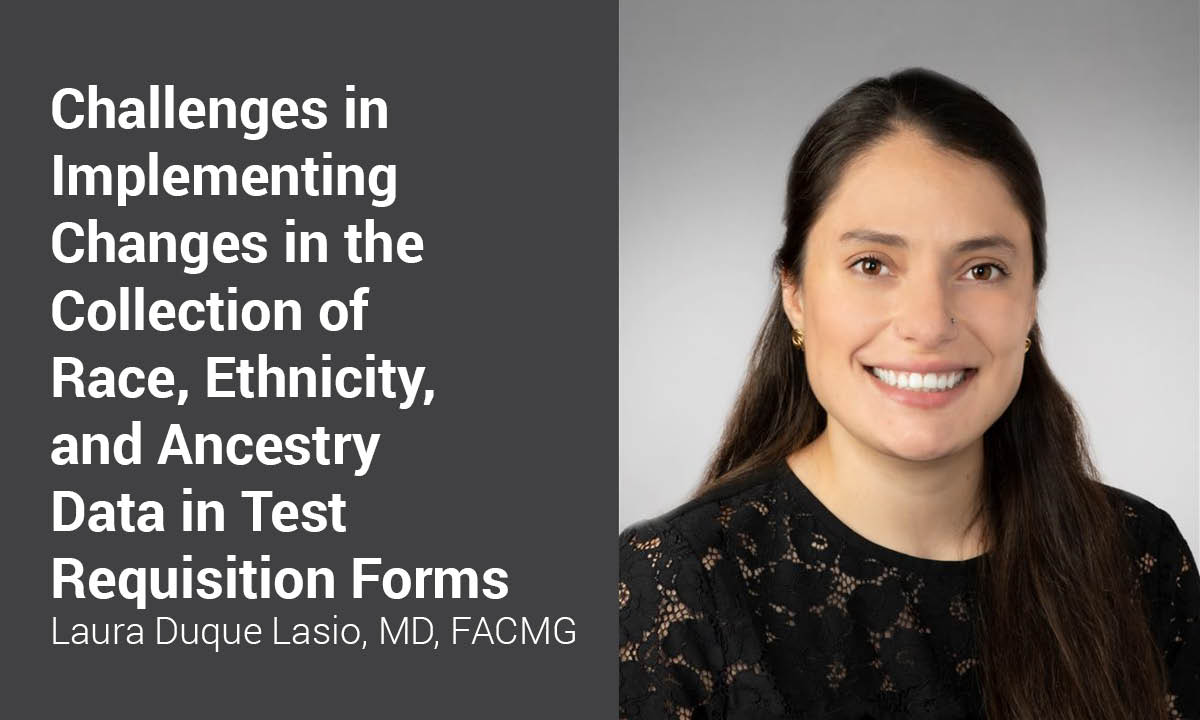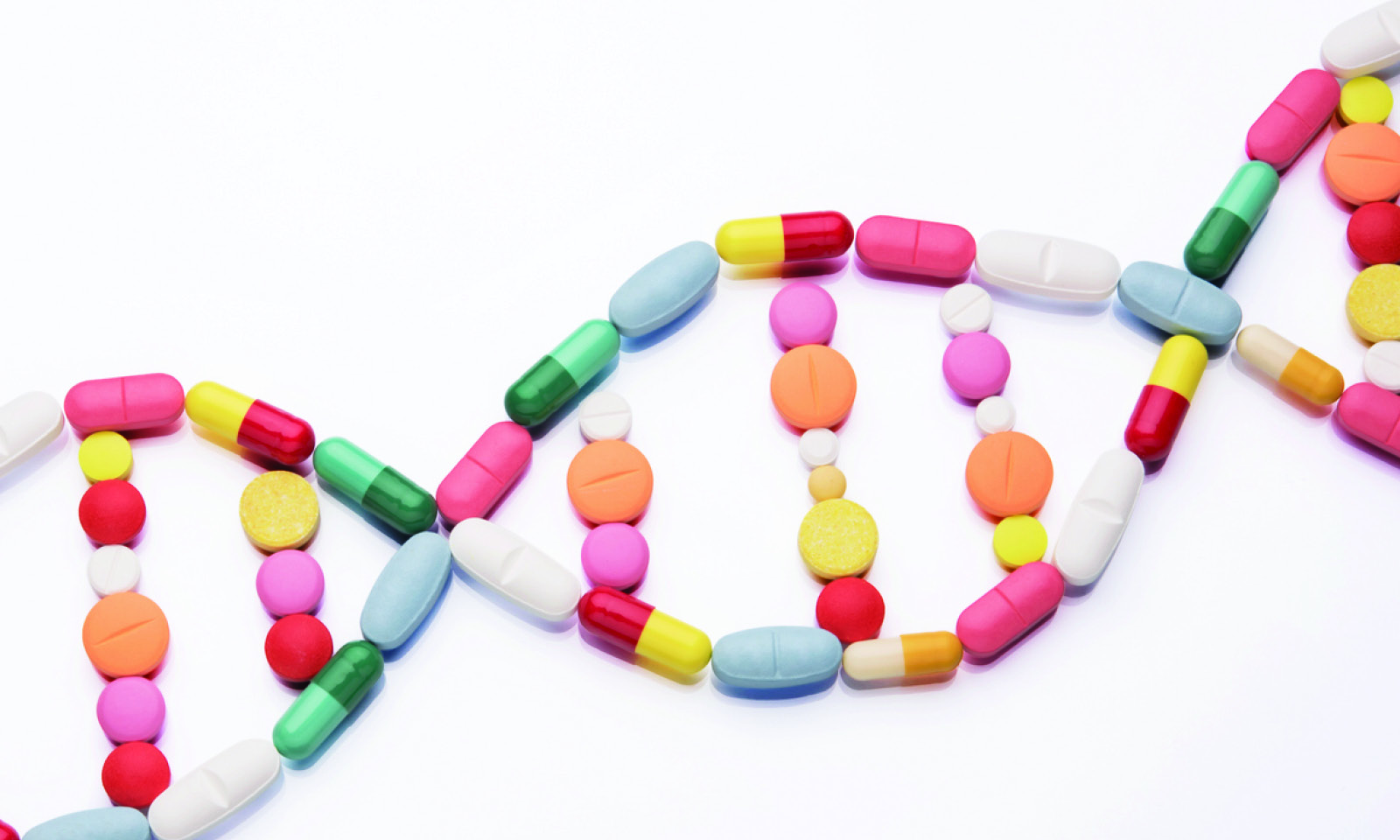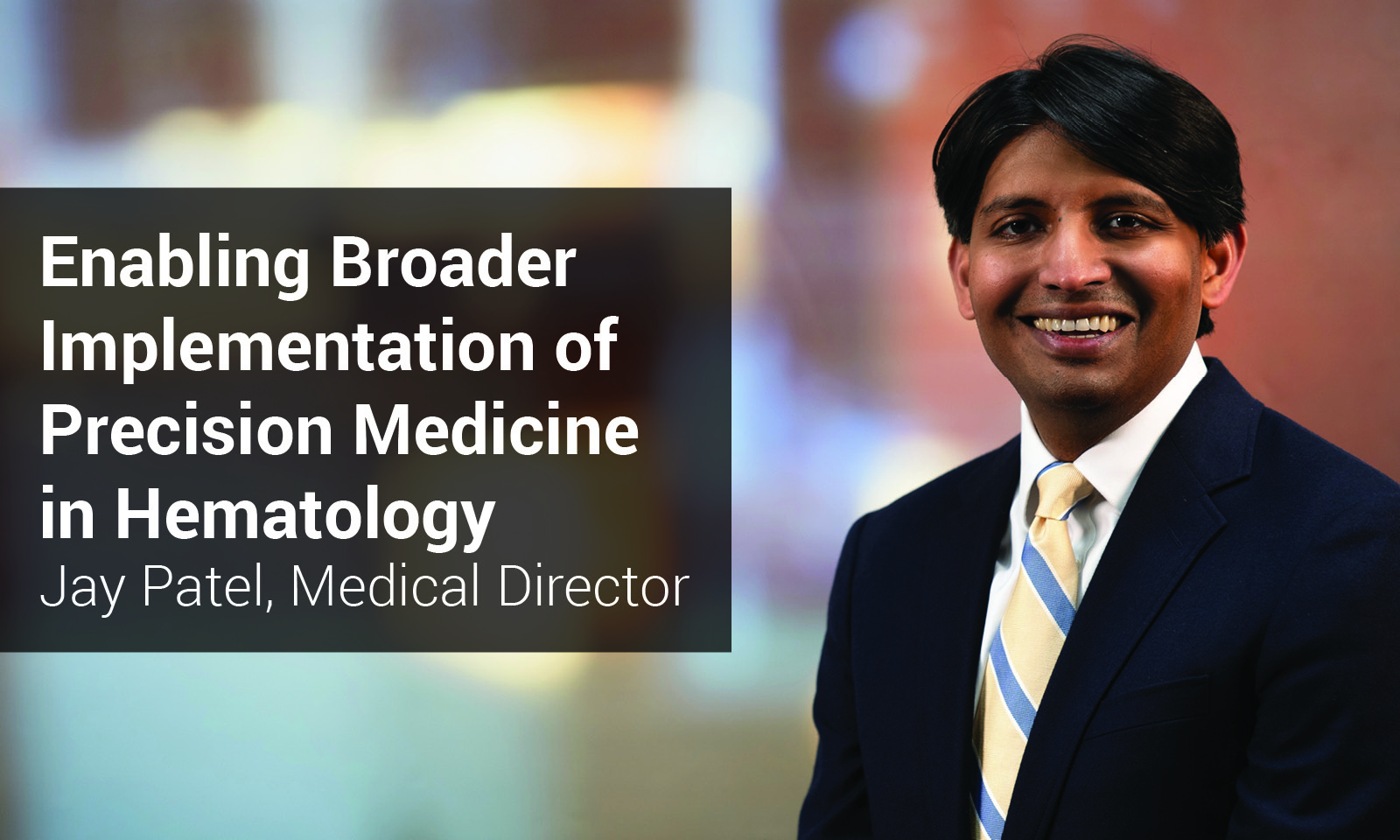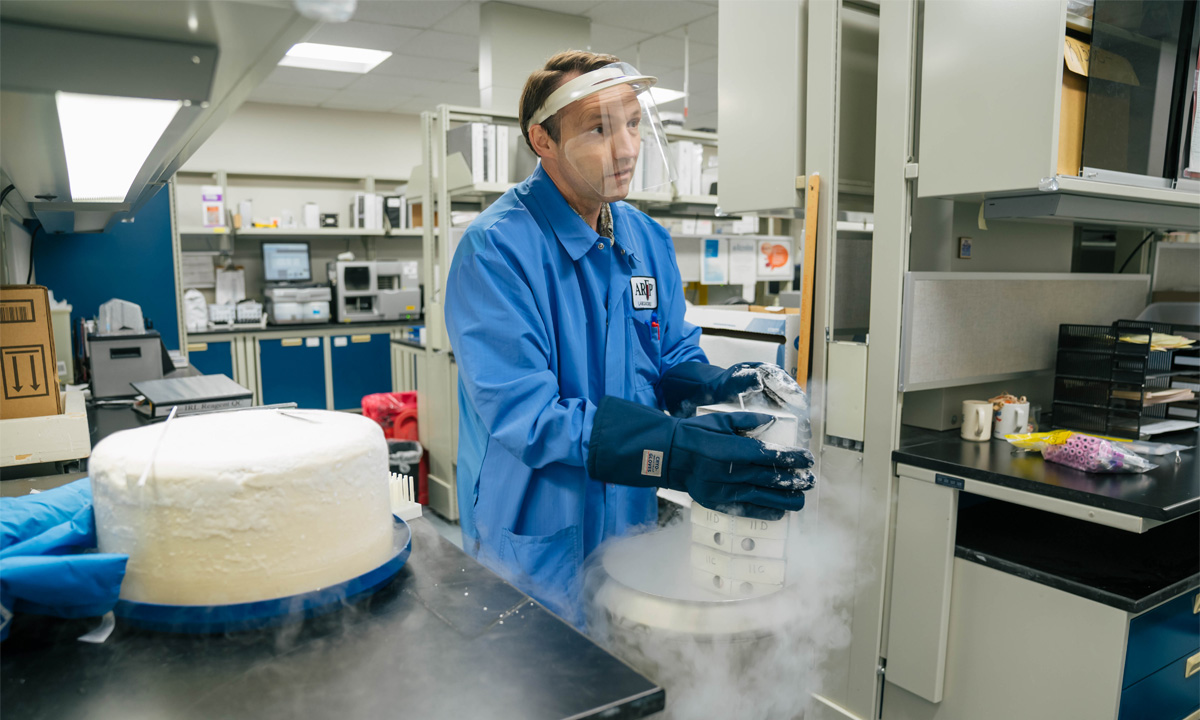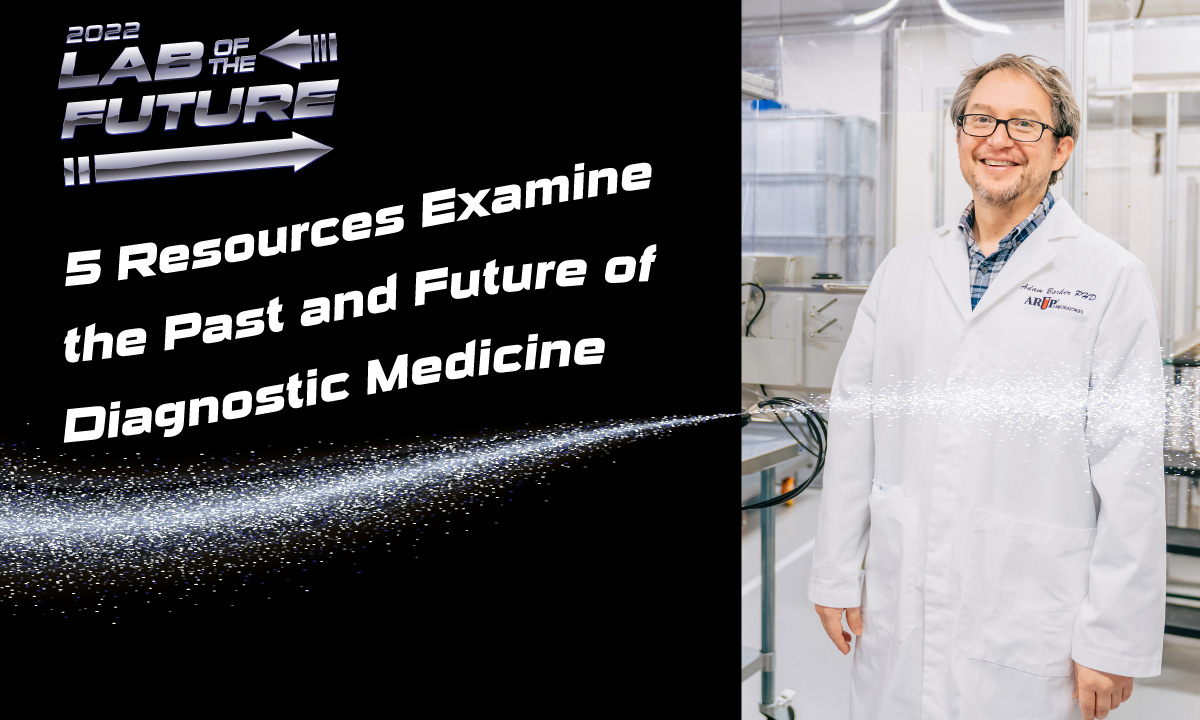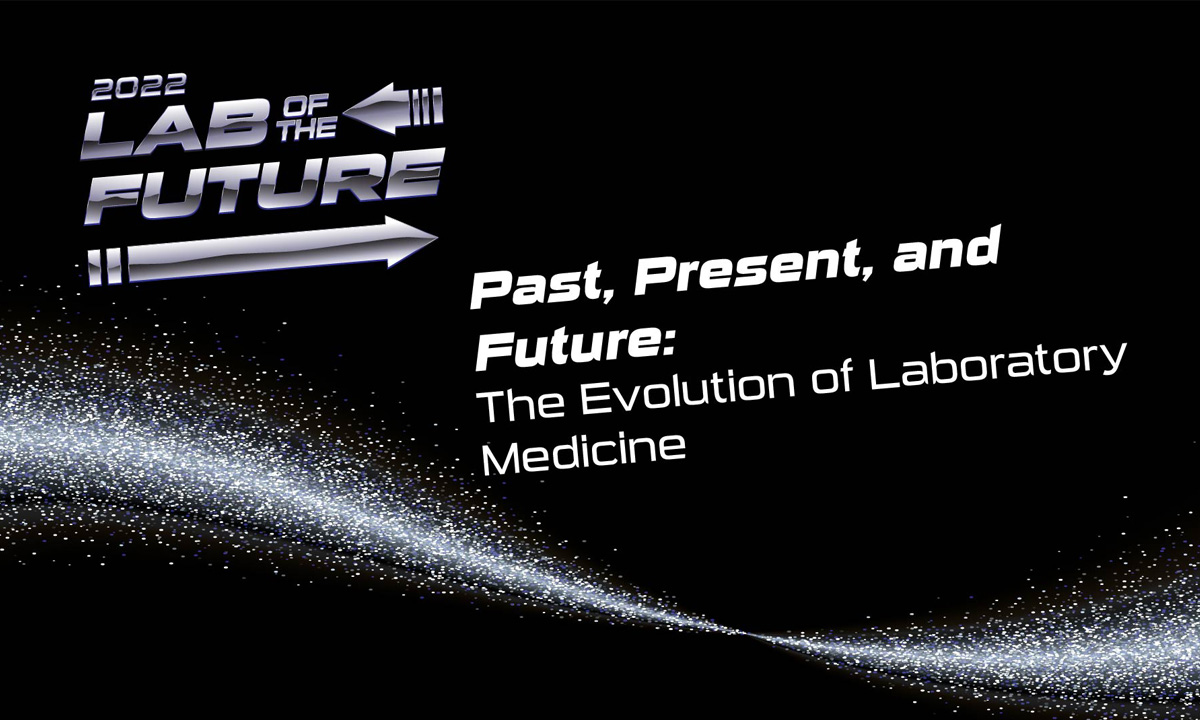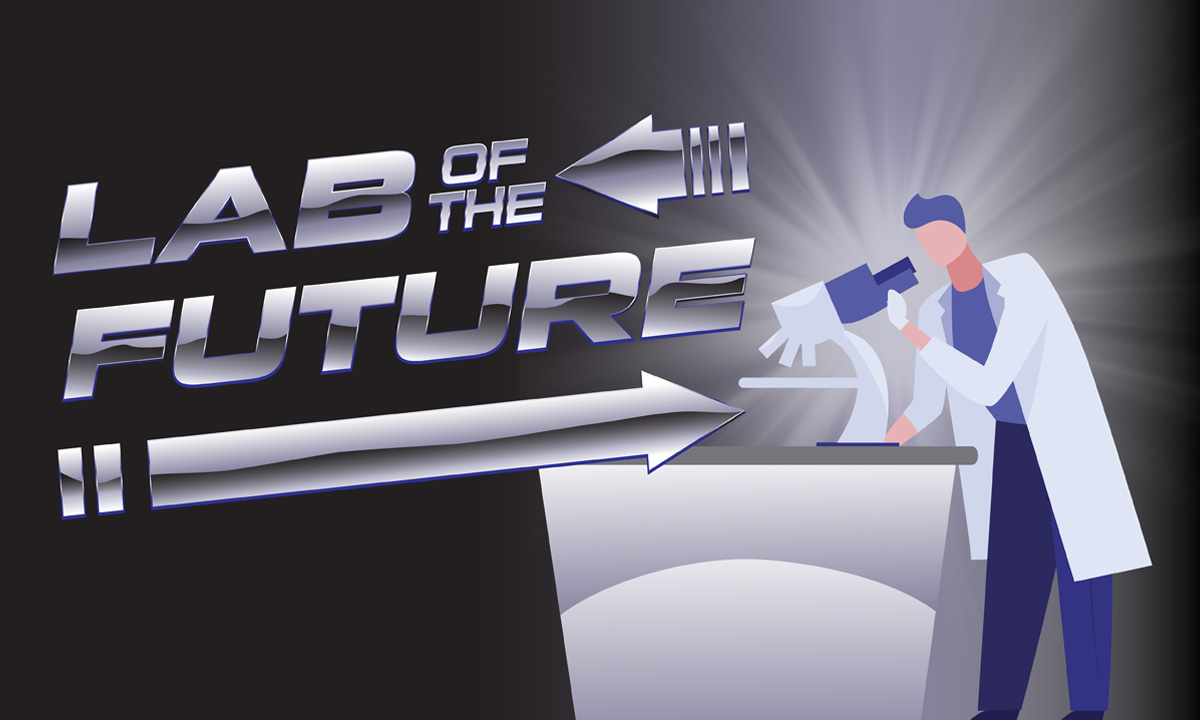ARUP experts say that the VALID Act, which would require FDA approval of all lab-developed tests, would add administrative and financial burdens to an already safe and effective validation process.
ARUP experts are to give six talks and poster presentations at the flagship annual meeting of the American Society for Microbiology (ASM) in Washington, D.C.
Noninvasive prenatal testing (NIPT) provides critical information to expectant parents. ARUP has updated its test offerings to include the most sensitive and specific alternatives available.
Two members of the ARUP Healthcare Advisory Services team have built the basis for an open access database that could change the way researchers perform meta-analyses.
Society's growing and changing understanding of how race, ethnicity, or ancestry (REA) is experienced and interpreted is prompting many clinical labs to reexamine practices related to REA data.
ARUP study finds pharmacogenetic testing to evaluate drug-gene interactions improves patient outcomes and patients' confidence in overall care.
Biomarker testing can aid in the accurate diagnosis and treatment of cancer, but integrating precision medicine into routine clinical care can be a challenge.
As an ARUP blood bank specialist, Noël Pusey uses both creativity and science to solve puzzles in transfusion medicine and help patients.
A lot has changed in laboratory medicine during the last 100 years. To celebrate Lab Week 2022, here are five resources that examine the past, present, and future of medical laboratory science.
ARUP was among a few blood centers that contributed COVID-19 convalescent plasma (CCP) to a national clinical trial that found a >50% reduction in risk of hospitalization with early CCP treatment.
ARUP’s video entry in the ASCP 2022 Back to the Lab Photo and Video Contest takes a humorous look at just how much laboratory standards have changed in the last few decades.
For 100 years, forward-thinking medical laboratory professionals have pioneered new concepts in diagnostic medicine. Now it’s your turn.

















